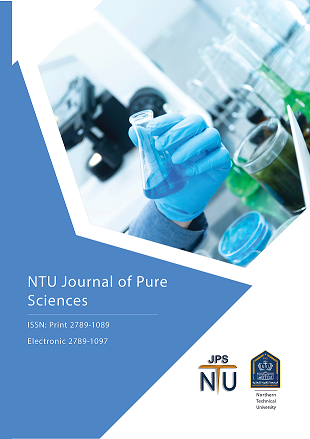An in vitro study of zinc effect on Trichomonas vaginalis isolated from infected women
DOI:
https://doi.org/10.56286/ntujps.v1i4.356Keywords:
Zinc, Trichomonas vaginalis, Effect, In vitro.Abstract
The most common non-viral sexual transmission disease in humans, trichomoniasis, is caused by the protozoan parasite Trichomonas vaginalis (STD). Metronidazole is the most frequently recommended of the imidazole drugs used to treat trichomoniasis. In any case, these substances may result in undesired side effects and parasite resistance. As a result, this infection needs to be treated in a different way.
Aim: This study was designed to determine the relation between zinc intake and the Trichomonas vaginalis occurrence and also to find out the in vitro effect of zinc on T. vaginalis viability.
Methods: This study was carried out on 63 pregnant women whom attended (Azadi Teaching, Kirkuk General and Al-Nasr maternity) Hospitals from December 2021 till April 2022. Specimens of vaginal swabs and serum samples were obtained from all pregnant women. The swabs were first examined directly by normal saline on slide microscopically then inoculated onto Modified Diamond medium. Zinc levels and concentrations in the blood were assessed using serum. Result: T. vaginails was isolated from pregnant women. The overall prevalence among 63 examined samples were positive by direct microscopically and culture with a rate of 5(8%) while 58 (92%) were negative. The 1.5mg/ml zinc concentration was the most effective on T. vaginalis trophozoites number than other concentration of zinc. Conclusion: Zinc is a very important anti- T. vaginalis and can be used it as dilution washing for treatment process.
Downloads
Downloads
Published
Issue
Section
License
This work is licensed under a Creative Commons Attribution 4.0 International License (CC BY 4.0), which permits unrestricted use, distribution, and reproduction in any medium, provided the original work is properly cited.









